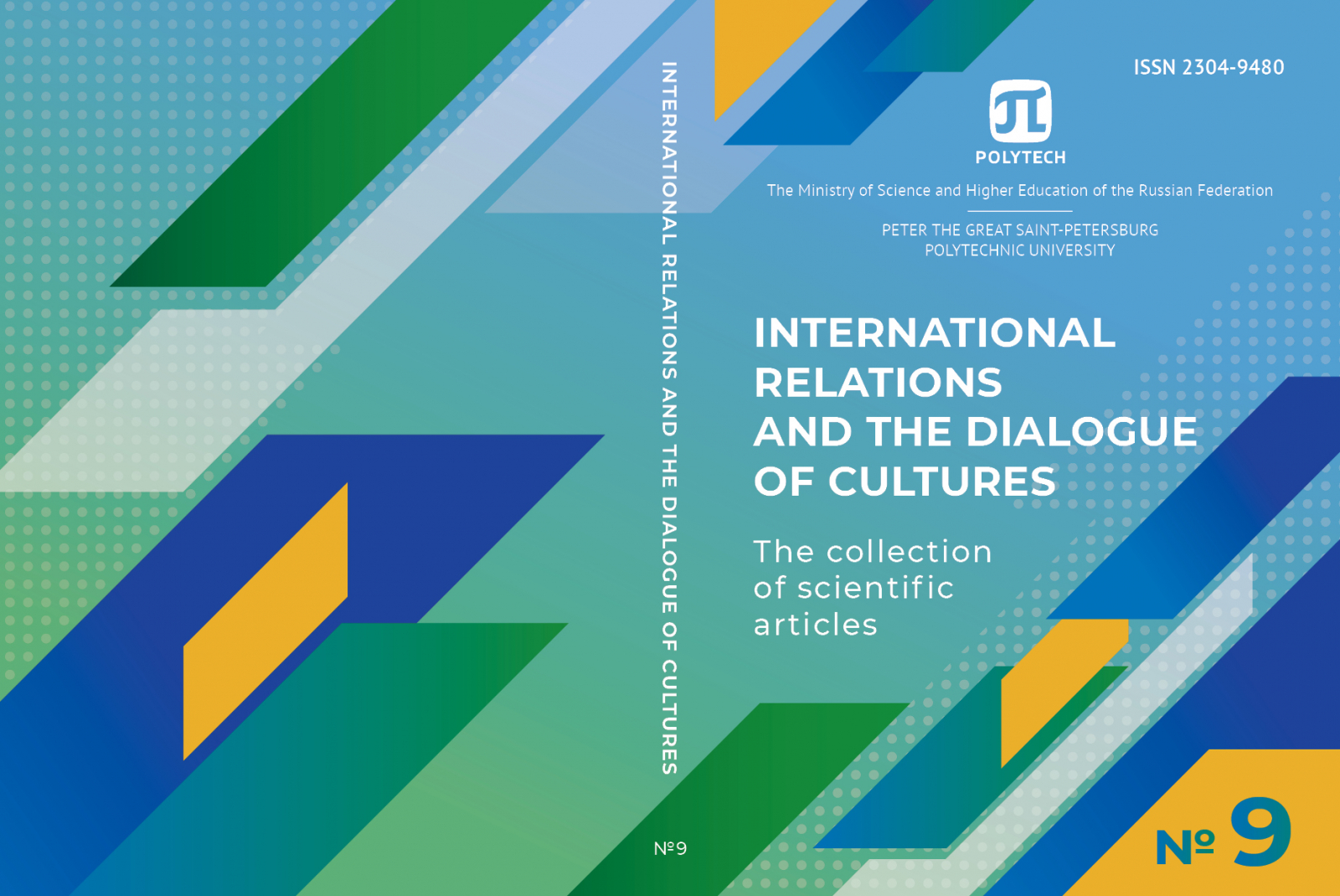FEATURES OF EXTREMISM IN THE CONTEXT OF THE NATIONAL LIBERATION STRUGGLE IN ASIAN COUNTRIES
This article examines the connection between the national liberation movements in Asia and extreme types of struggle, which persisted after the independence of the former colonies. A number of national liberation movements emerged at the beginning of the 19th century in Latin America and Europe, but in the eastern hemisphere only the Greek national liberation revolution was known as successful in achieving independence, albeit with the support of a number of European countries. A number of protracted and bloody ethnic conflicts are known as negative consequences of the colonial policies (India, Sri Lanka, Rwanda, Sudan, etc.). There are not more colonies in the modern world, but there is still a completely occupied state (Palestine). The article identifies two main types of extremism - social revolutionary and national liberation in relation to the nature of the main conflict that determined the political situation in a particular country. The article identifies two main types of extremism - social revolutionary and national liberation. Socio-revolutionary extremism is typical for countries that have not become colonies, but have faced serious social conflicts. The main forms of national liberation extremism are anti-colonialism and separatism. Separatist extremism is typical for continental empires such as China, the Austro-Hungarian Empire, Russian and Ottoman Empires, where a few ethnic minorities fought in order to gain independence. The features of these types of extremism are considered on the material of Iran, India, and Palestine. In particular, religious nationalism engenders extreme forms in India, and that include the persistence of a caste system that violates fundamental human rights. It is shown how the leaders used the social revolutionary movement and military aid from abroad to their advantage on the example of the Gilan Republic in Persia,. In general, the history of various national liberation movements in Asia demonstrates the tolerant attitude of the international community to violent forms of struggle for independence under conditions of colonial exploitation and foreign occupation. However, in the postcolonial period, in the second half of the 20th century, previously justified violence often led to the development of terrorism. Currently, with the exception of Palestine, the claims to the legitimacy of the national liberation struggle are based either on separatism or on the nationalism and populism of extremist groups.


